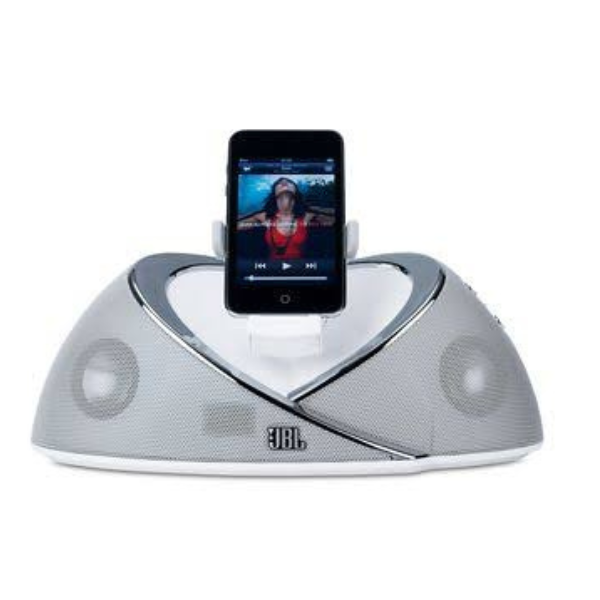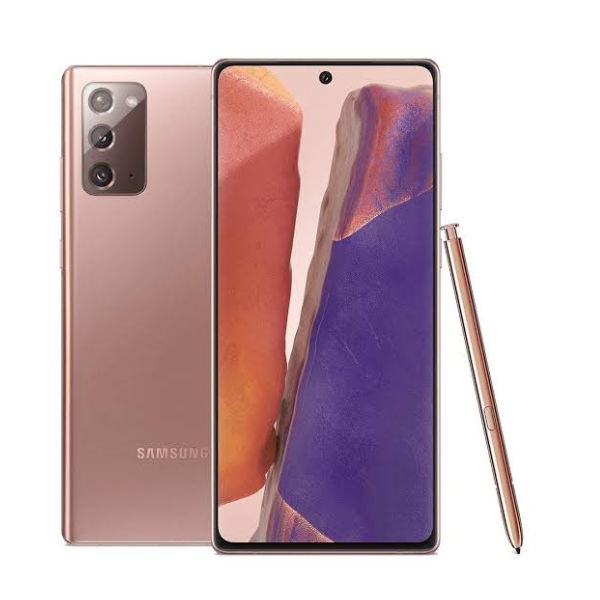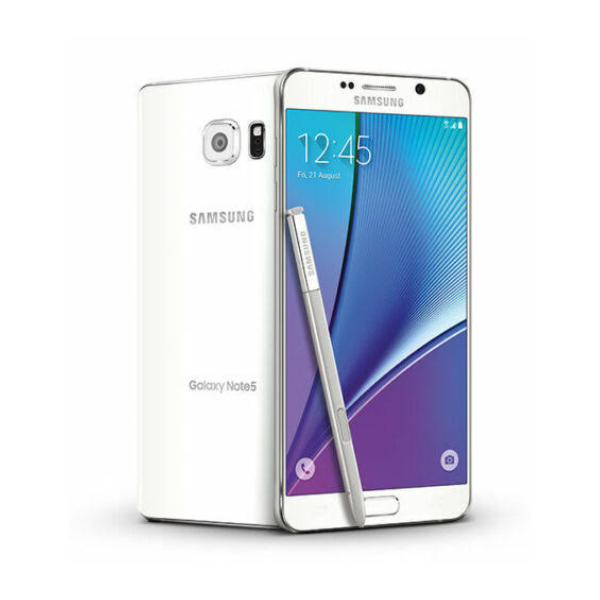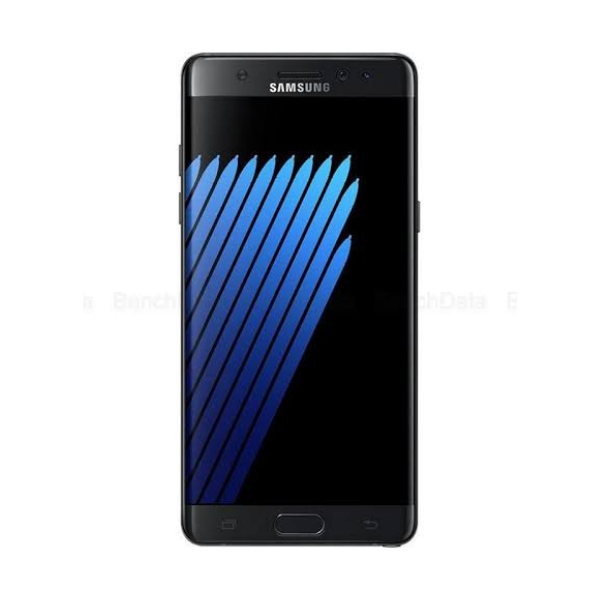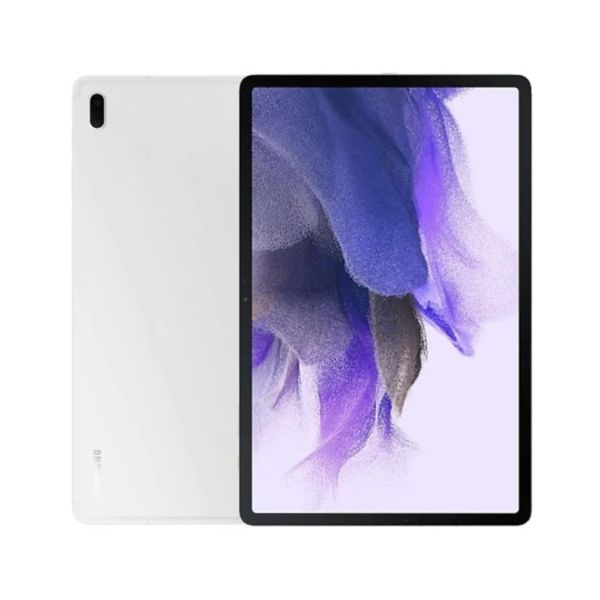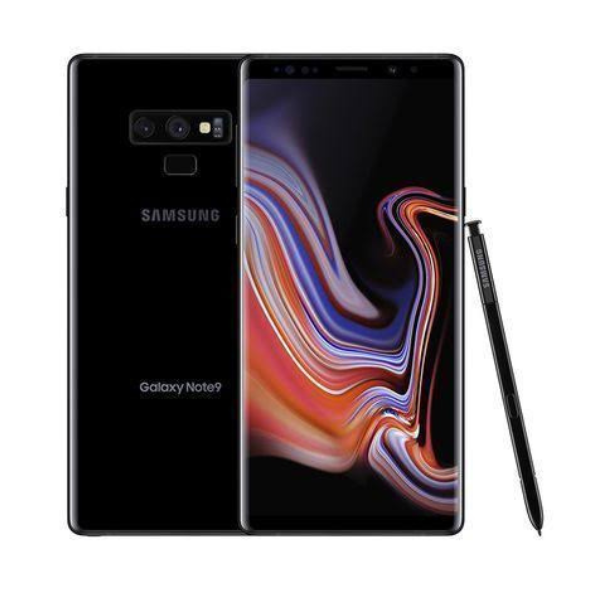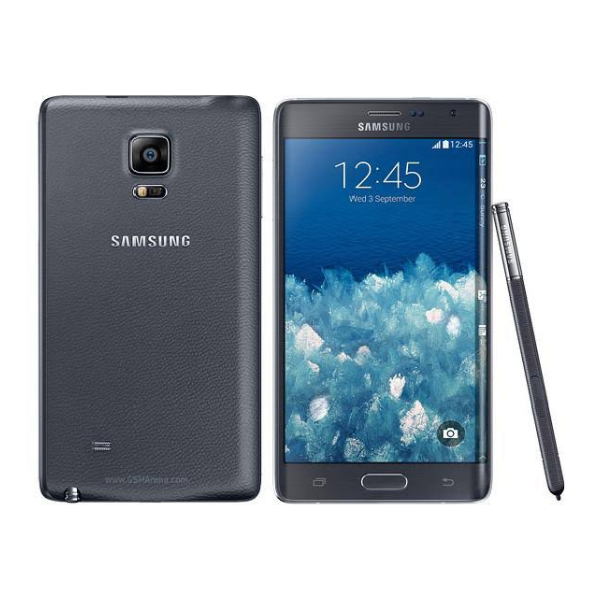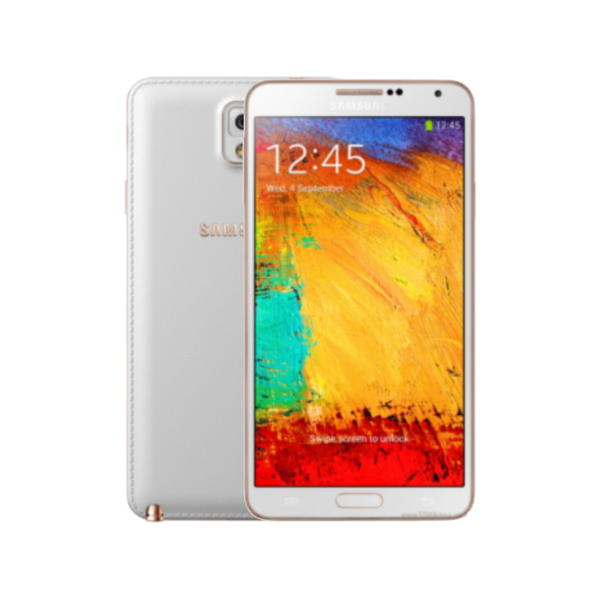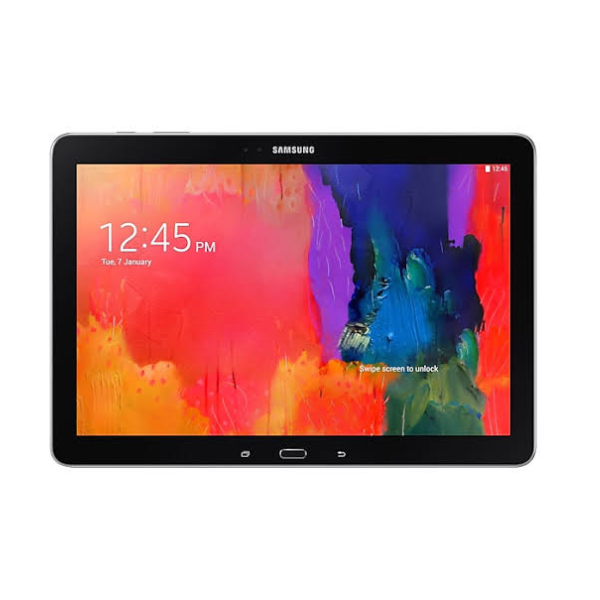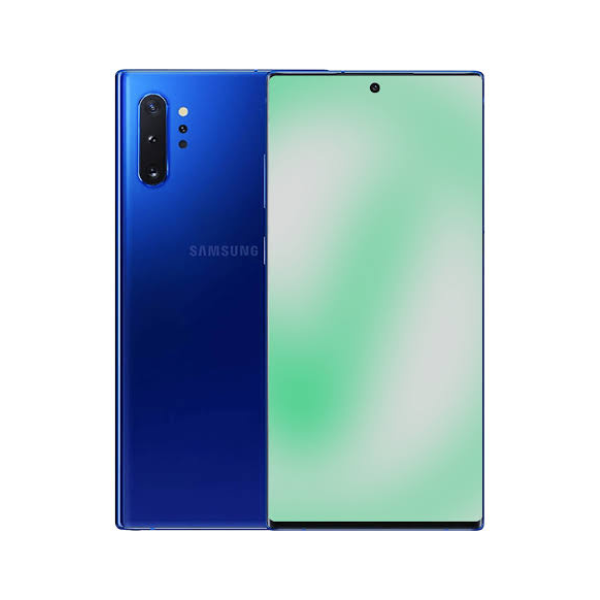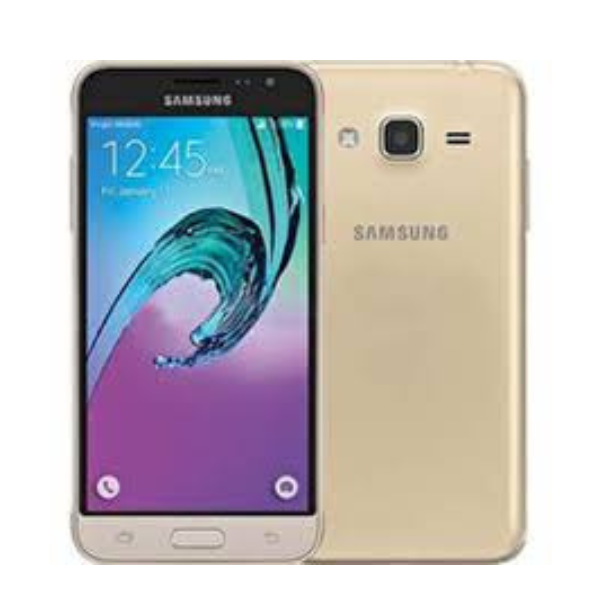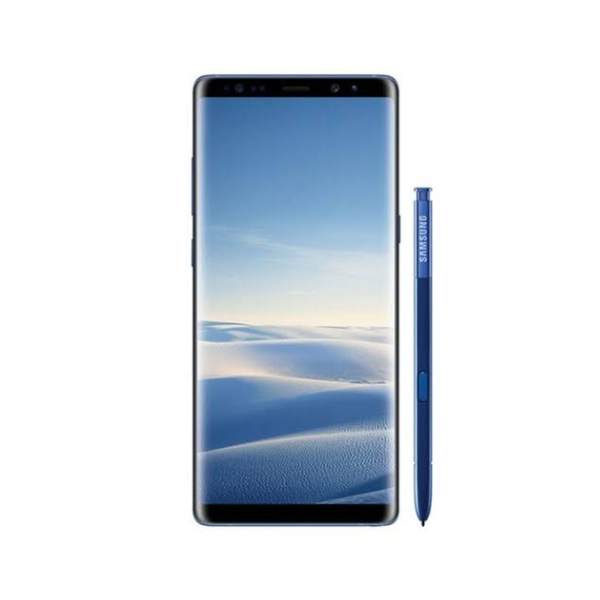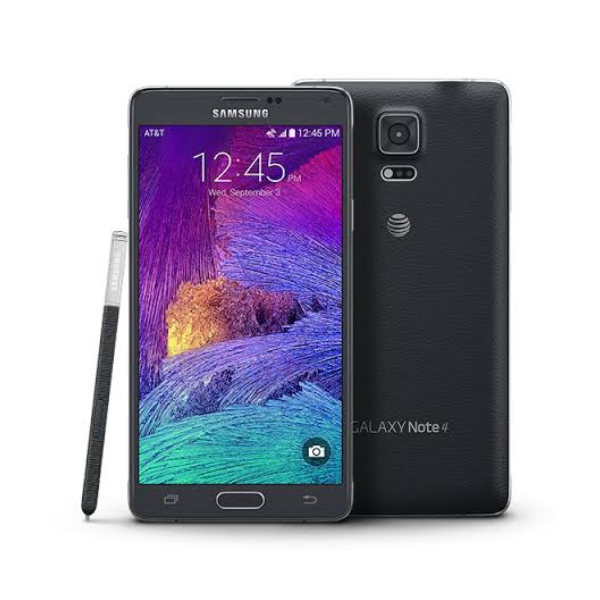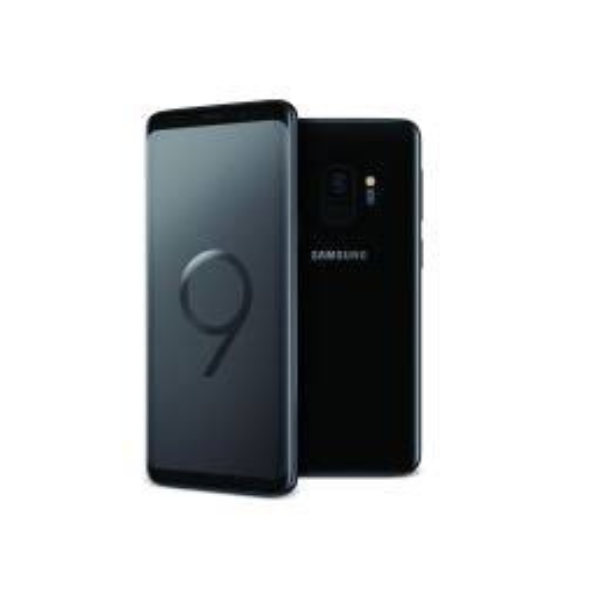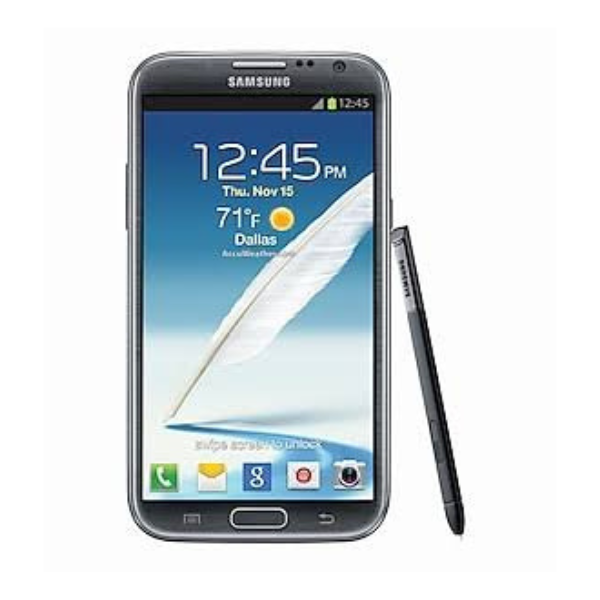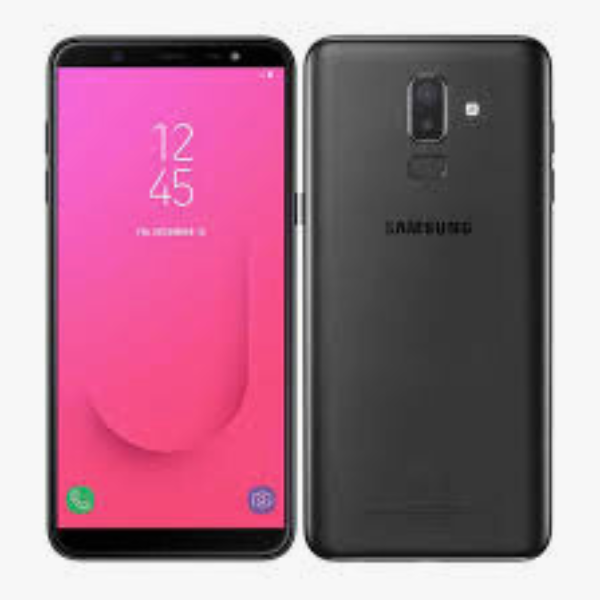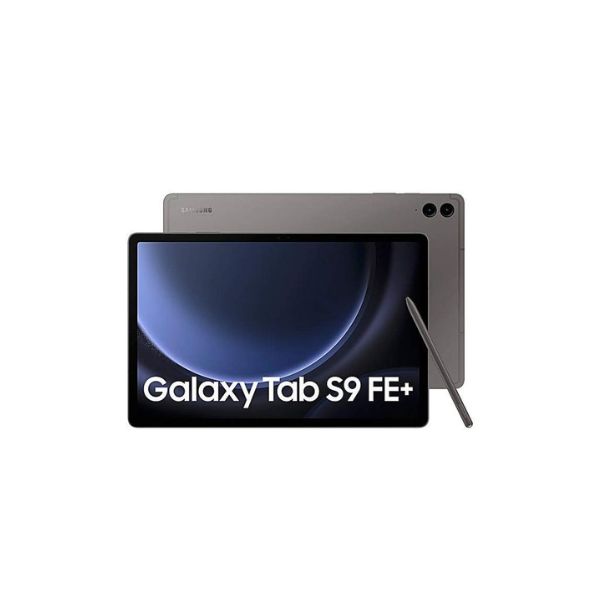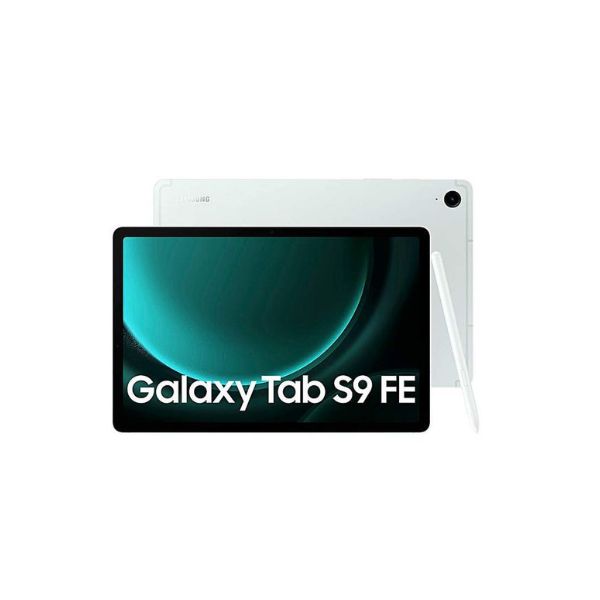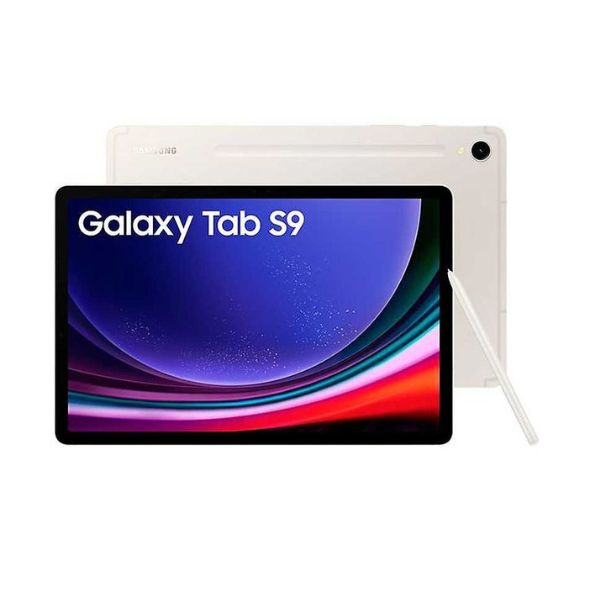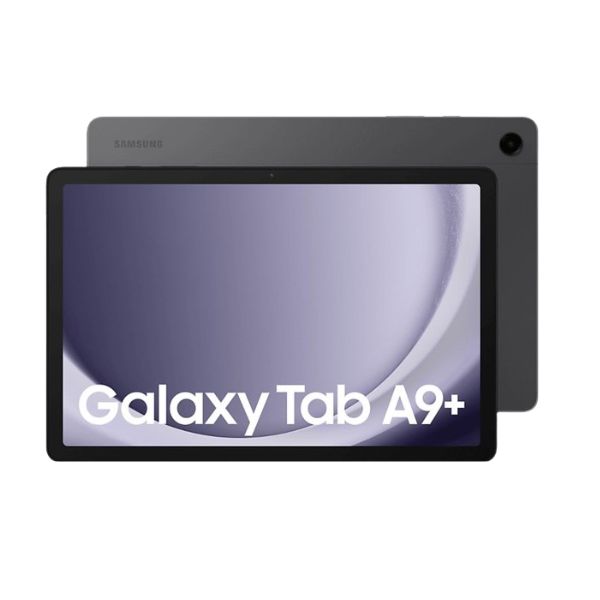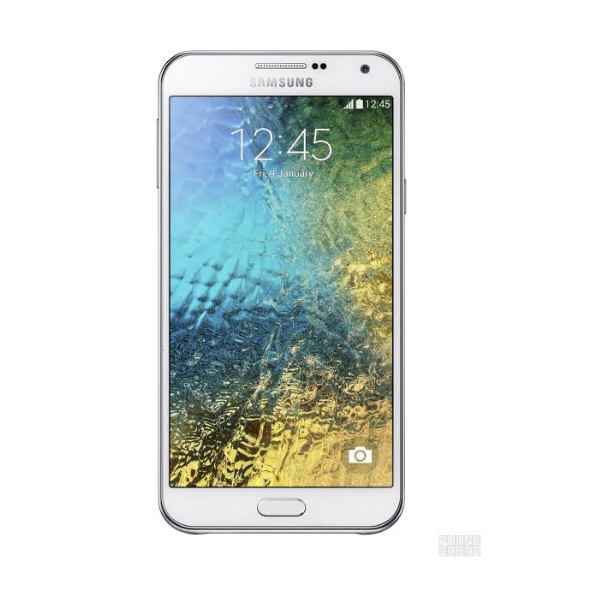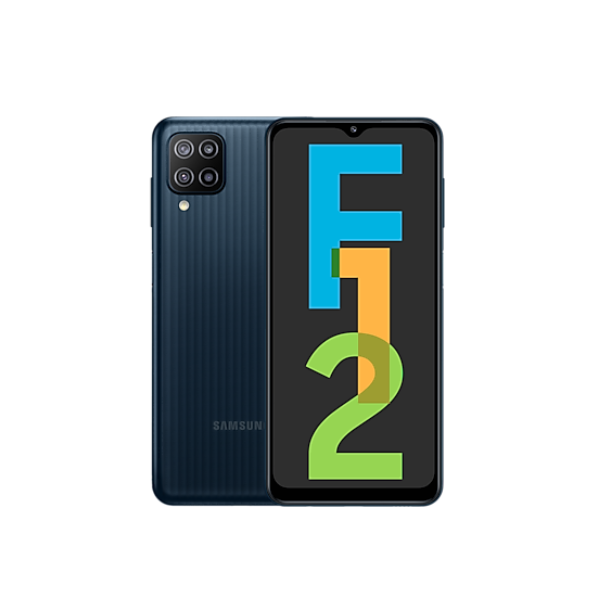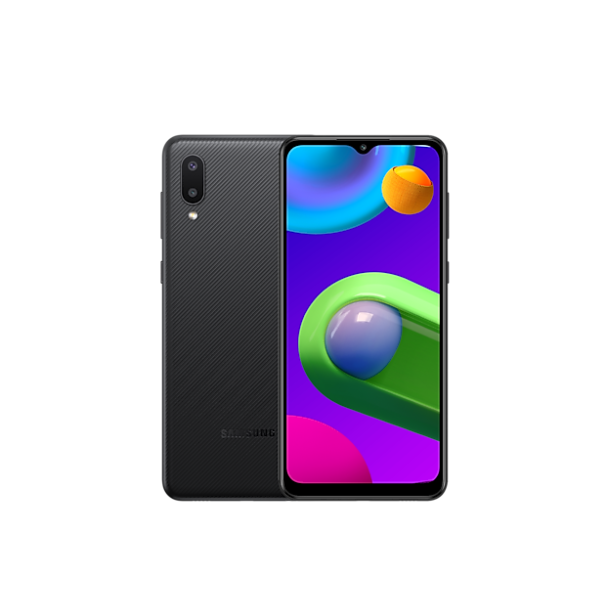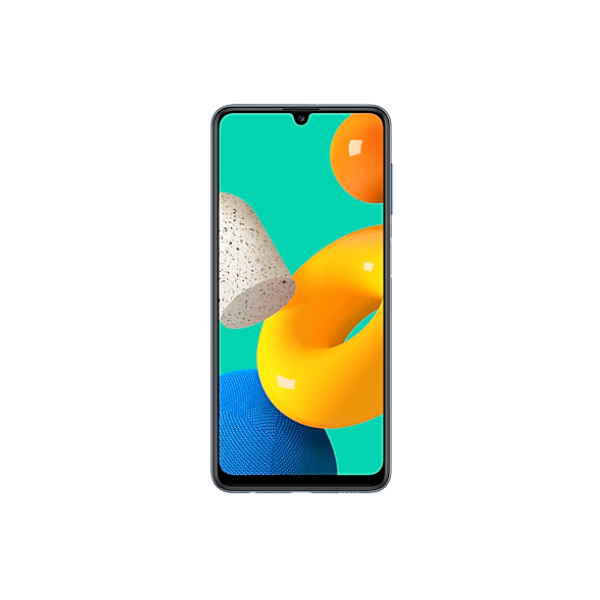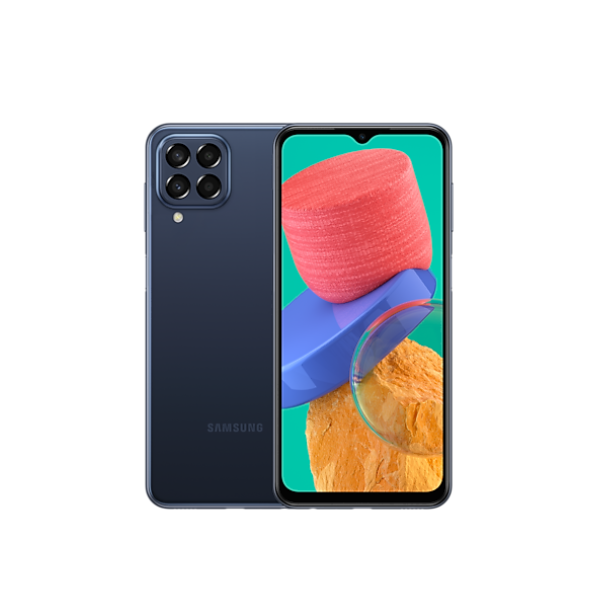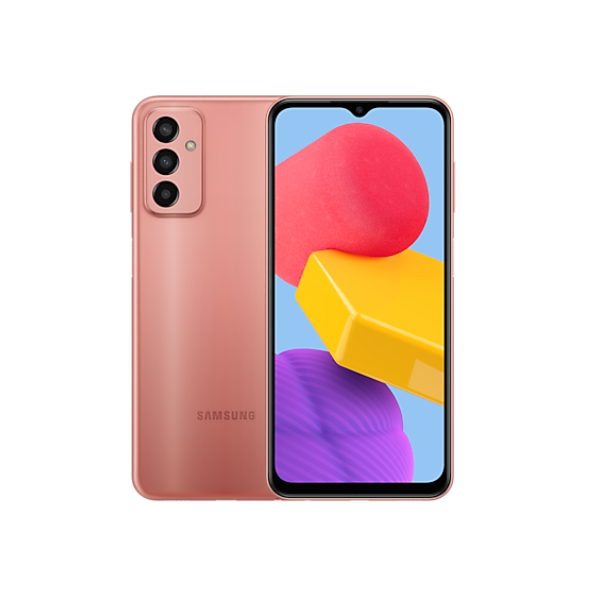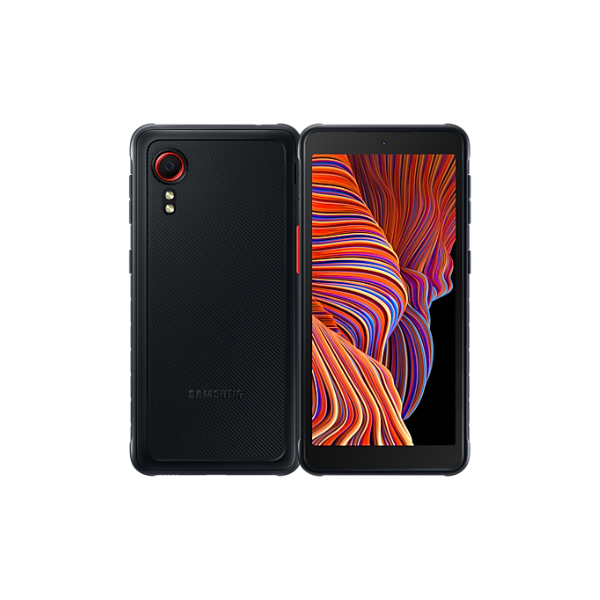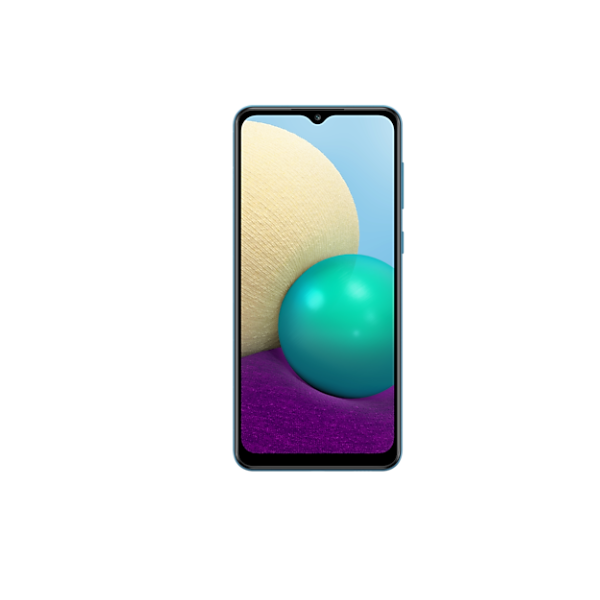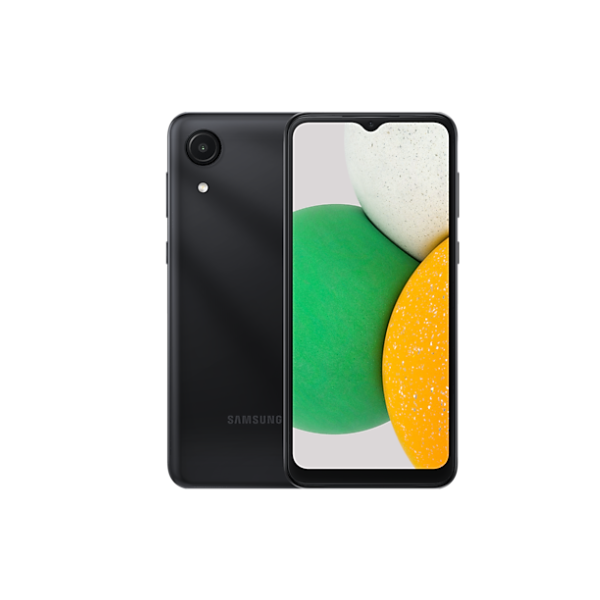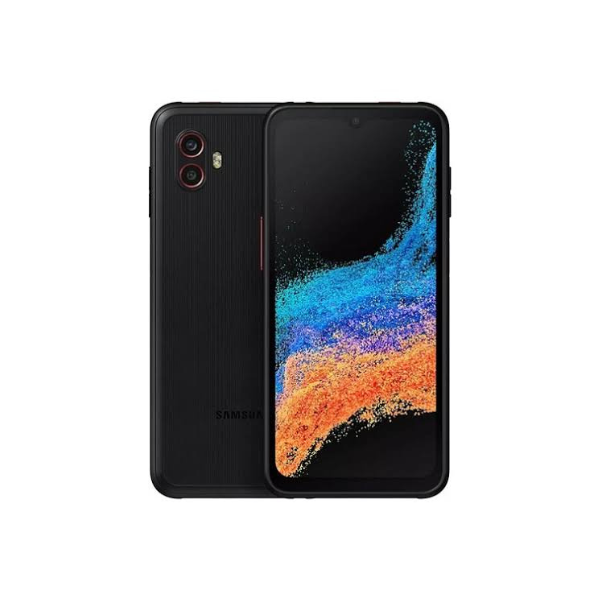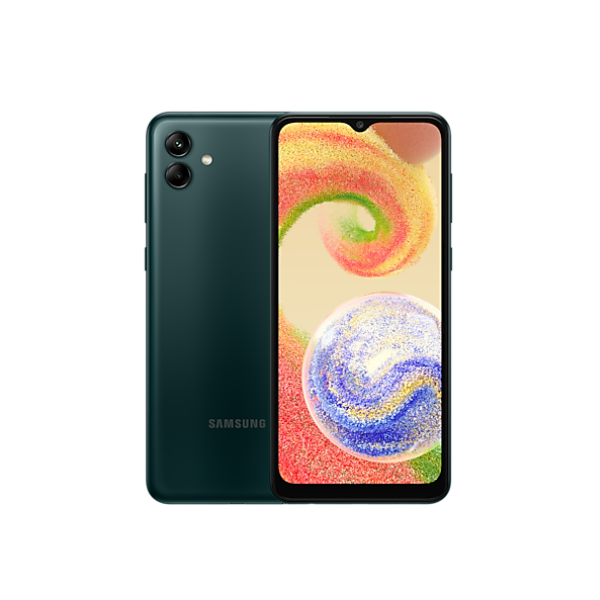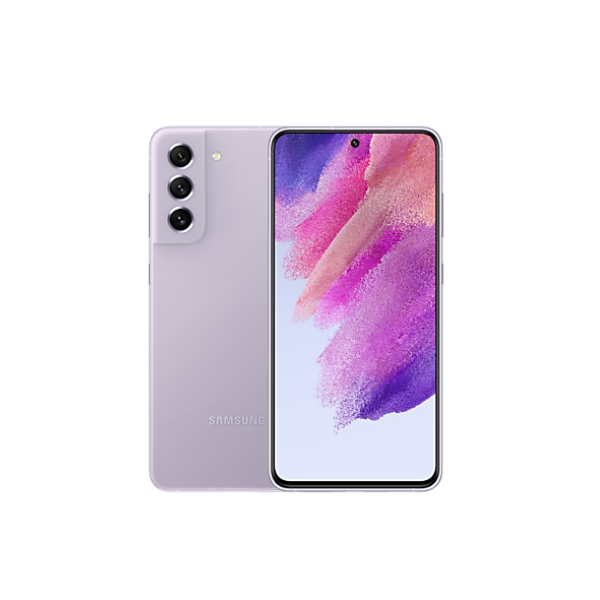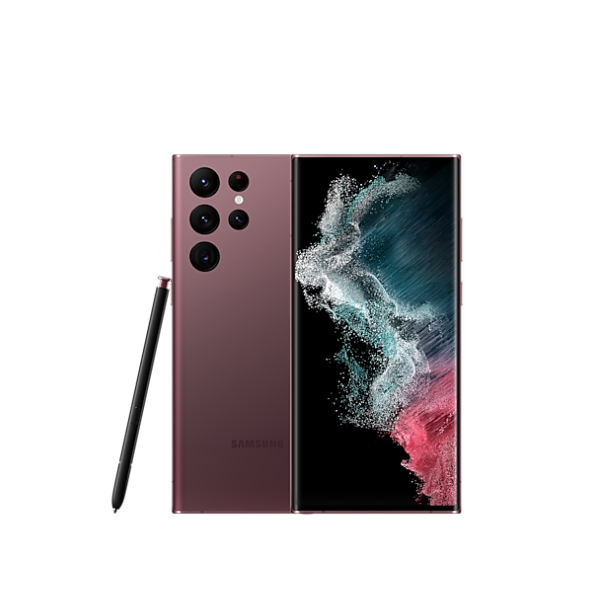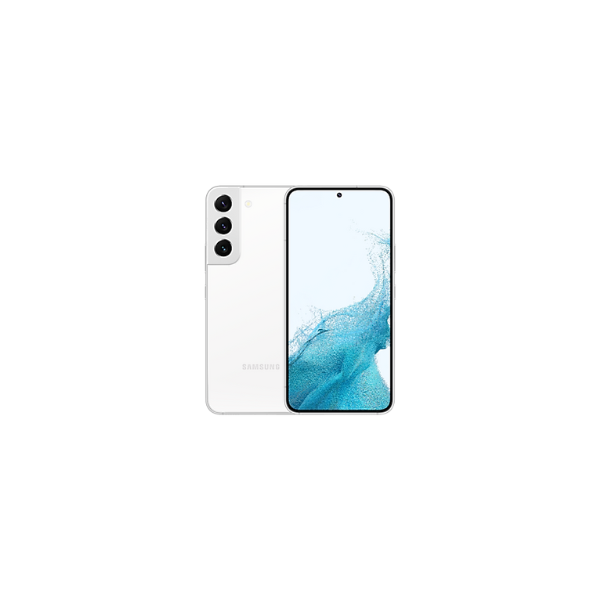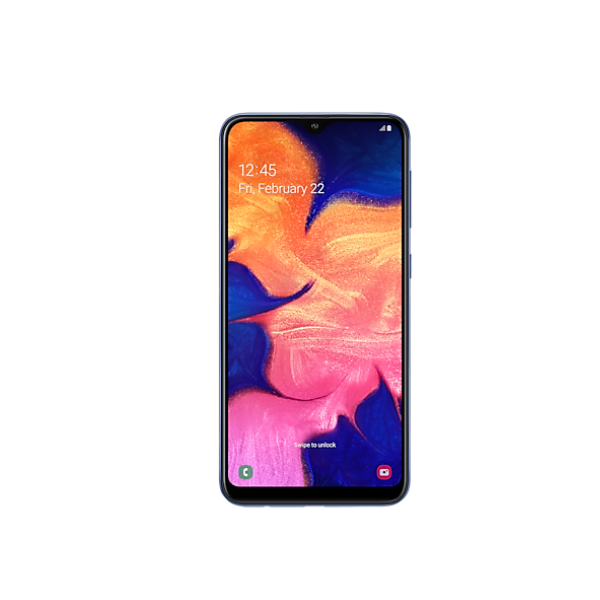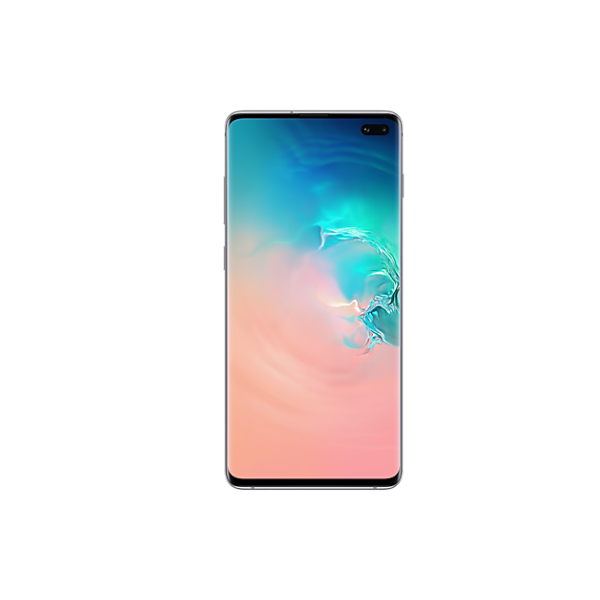Features
- Docking Compatibility: There were different versions of the OnBeat for various iPod and iPhone models. Make sure you find one that matches your specific device.
- Wired and Wireless Connectivity: Most OnBeat models offered both a Lightning connector for docking and a 3.5mm jack for auxiliary input. Some even included a USB port for connecting to a computer and syncing your device.
- Limited Controls: Control functionality depended on the model, but typically included basic playback controls (play/pause, volume) and possibly a button for EQ adjustments.
Sound Quality
- Size Matters: Don’t expect booming bass or room-filling sound from the compact OnBeat. The sound quality is decent for casual listening, but it won’t satisfy audiophiles.
- Balanced at Lower Volumes: At lower volumes, the OnBeat offers a relatively clear and balanced sound.
- Distortion at High Volumes: The small drivers struggle to reproduce bass accurately at higher volumes, leading to distortion and a compressed sound.
Design and Build Quality
- Classic Look: The OnBeat sported a sleek and stylish design that fit well with Apple aesthetics.
- Docking Functionality: The docking mechanism was generally secure and held your device firmly in place.
- Limited Portability: While compact, the OnBeat is designed for stationary use and lacks features like battery power for portability.
Overall
The JBL OnBeat is a relic of a bygone era. While it offered a convenient way to charge, play, and control your iPod or iPhone back in the day, its functionality is limited in today’s world.
